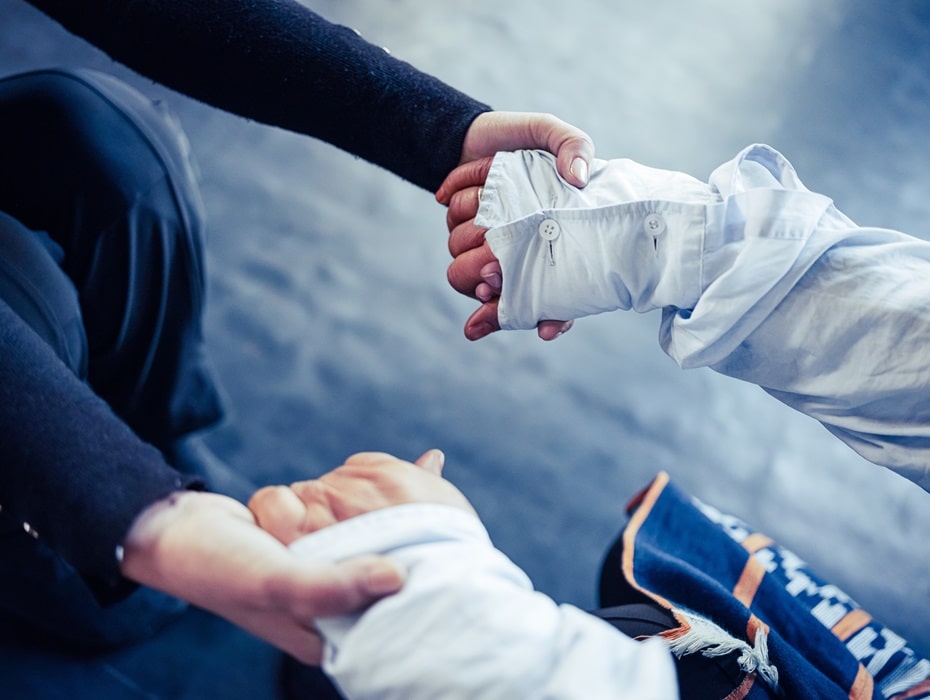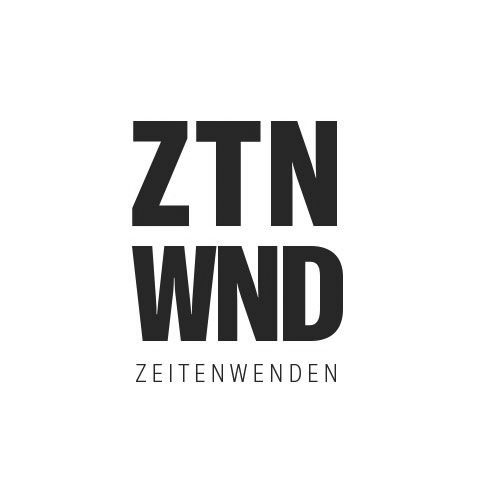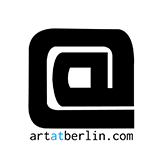HAU Hebbel am Ufer presents from 23. June 2024 Patterns for Life – Feminist Cultural Techniques from Iran, Israel, Morocco, Palestine, Syria, and Tunisia. With: Heba Y. Amin, Maeve Brennan, Yasmeen Godder, Asmâa Hamzaoui & Bnat Timbouktou, HJirok, Bouchra Ouizguen, Mey Seifan / Tanween company & slowfuture, Shieveh Theater Company, Temporal Soundscapes, Mohamed Toukabri.
Image above: Courtesy Hebbel am Ufer, Foto: © Tala Hadid, Compagnie O.
At a time marked by increasing authoritarianism, militarisation, and the destruction of livelihoods, HAU’s “Patterns for Life” festival is dedicated to different forms of feminist knowledge production as a possible counter-strategy. The participating artists’ works are inspired by cultural techniques and experiences from beyond the prevailing Western art canon. Inscribed within bodies, this knowledge draws on popular cultural practices including music, dance, crafts, and storytelling, serving as a means of emancipation from violent power and gender relations. Building on the previous festival “¡PROTAGONISTAS! Resistance Feminisms Revolution” (June / July 2023), HAU is providing a stage for a transnational continuity of feminist practices of resistance and survival, aiming to help build a society of solidarity and resilience.
DIALOGUE
Feminist Knowledge
With Kübra Gümüşay, Maryam Palizban a.o.
Moderation: Margarita Tsomou
Building upon the artistic practices in the festival “Patterns for Life”, this evening reflects upon female knowledge. Power and gender relations determine what is recognized as knowledge: female experiential knowledge, culture practices for the preservation of life, physical knowledge, care techniques, et cetera have all been marginalized and devalued over the course of the history of science. With a focus on female cultural techniques, the discussion is dedicated to practices that make life possible and shape it creatively – despite the destruction of culture, resources and the planet.
THEATER
Shieveh Theater Company: بچه / The Child / Das Kind
German Premiere
Three women are being interrogated at Europe’s high-security border. A Yazidi woman from Iraq who has fled the Islamic State; an Afghan woman who managed to escape her violent husband; and a Libyan woman whose life thus far has been defined by poverty, hunger and sexual assault. And then there is the newborn child. None of the three women admits to being its mother so that, even in the event of their deportation, the child will be allowed to remain in Europe. The exchanges between the official and those interrogated are heated, and all the while an interpreter tries to mediate. In “The Child” by Iranian director Afsaneh Mahian, all three women are played by the international award-winning actor Fatemeh Motamed-Arya. Her performance, played out on a track of sand laid out between the auditorium stands, is nothing if not spellbinding and asks some challenging questions: To what extent do immigrants retain the right to escape the predetermined fate of birthplace? Does the deportation of immigrants contribute to global insecurity? Do immigrants perpetually experience a sense of disconnection, rootlessness, and alienation? Can nationality fatefully confine individuals? Does the cycle of violence between immigrants and natives ever cease? Wasn’t everyone, at some point, an immigrant?
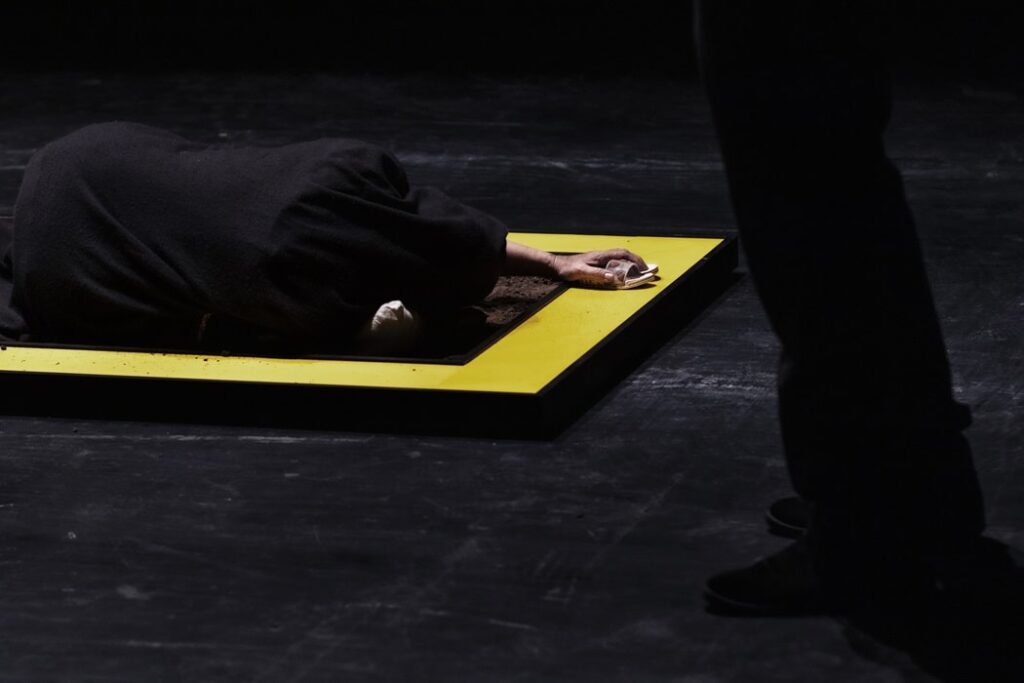
DANCE
Bouchra Ouizguen: Éléphant
Bouchra Ouizguen has been inspiring HAU audiences since 2013. In her current work “Éléphant” the choreographer and her Compagnie O experiment with a shared wealth of experience, traditional singing techniques and the music repertoire of the Marrakesh region. A fragmented collective body emerges that is traversed by the movements of the performers, singers and musicians who lend their voices and identities. This body that oscillates between strength and fragility, evokes the ephemeral nature of the present. Swinging between splendour and simplicity, differences and commonality are magnified, revealing the precious and subversive character in the individual and in the collective. In this choreography of voices Ouizguen, who is one of the main figures of contemporary dance in Morocco, looks into the ancient roots of her home country and develops a dance that fills the present with new life and hope.
Yasmeen Godder: Shout Aloud
“Shout Aloud” is a distinctive collaboration between choreographer Yasmeen Godder and singer Dikla, a renowned figure in Israel’s Middle Eastern pop scene. “Shout Aloud” draws inspiration from Dikla’s influential seminal album “Ahava Musica” released in 2000. The album introduced her unapologetic, raspy, and deep voice on a journey through personal lyrics dealing with intimacy, relationships, longing, loneliness, and fantasy. Given its unique mix of influences ranging from classical Arabic music, energetic dance electronics, and experimental rock, it stood out and challenged the context of Israeli music at that time. Since then, the album stayed relevant and poignant while the social polarization in Israel has become more intense and violent.
In “Shout Aloud” Godder employs her highly detailed and complexly idiosyncratic, playful, and raw physical language to research themes of endurance and resistance through the female perspective. Dealing with personal and communal endurance, mental and social transformation rituals, and the excavation of internal resources to create strong female co-resistance. The performance features eight female dancers from diverse backgrounds and ages, while Dikla performs the album live, accompanied by an orchestra of musicians playing traditional Arabic and contemporary instruments. “Shout Aloud” responds to the need to connect, heal, and find relief and commonality during these tumultuous times.
Mohamed Toukabri: The Power (of) The Fragile
After being separated from her for several years, by increasingly marked borders, dancer and choreographer Mohamed Toukabri invites his mother, Latifa, to join him on stage. The stage becomes the country where they can be together again and bring together two cultures, two languages of dance, two lives that have drifted apart and are now reuniting, taming each other, rediscovering each other.
“The Power (of) The Fragile” is an encounter between two worlds, two bodies, two spirits. Latifa has always dreamed of being a dancer – but her dream had to remain silent for years – while Mohamed made it his profession. The boundaries of their bodies and ages blur to the point where it is difficult to decipher where one ends and the other begins. When words are no longer enough to express filial love, the bodies take over. Their dance becomes caresses, gestures of care. Their lives, dreams, skins, identity merge delicately before our eyes, and only time claims its space between mother and son.
“The Power (of) The Fragile” is a collection of images and reflections on what the relationship between a mother and her child might look like, on what it means to be at home and to leave. It is a performance about movement, bodies, and individuals, about the weight of life and what we carry, about being separated or together. It is the tender portrait of a close relationship and a manifesto claiming the right to go where we want.
CONCERT
HJirok / Temporal Soundscapes
Conceived by the Iranian-Kurdish artist Hani Mojtahedi and musician and producer Andi Toma (Mouse on Mars) as a mythical fictional character, HJirok wanders through a soundscape consisting of processed field recordings, Sufi percussion and setar tracks recorded in the Iraqi part of Kurdistan. The traditional and spiritual folk elements from Kurdistan and Iran are flanked by contemporary electronics and restaged in dub recording techniques in a way that allows their contours to unfold better.
Hani Mojtahedi is a star under her real name in all Kurdish regions (Syria, Iran, Iraq, Turkey). She was already known as a singer in Iran and founded the first female band in Sanandaj. Because her songs were increasingly subject to censorship and she was imprisoned three times in total, Mojtahedy decided to leave Iran in 2004 and has been living in exile in Berlin ever since. As HJirok, she now draws on the spirit of the past to formulate an emancipatory vision of the future.
For her solo project “Temporal Soundscape”, multidisciplinary artist and graduated Kanun Player Yael Lavie enriches the meditative meandering spectrum of here instrument by electronics and drum-machine sounds. Driven by a fascination for spiritual music, electronic and experimental Jazz, Lavie, in addition to her work as a solo artist, was a member of the Band Spiritczualic Enhancement Center and leads the Trio Leviot.
Asmâa Hamzaoui & Bnat Timbouktou
The tradition of Gnawa music goes back to a minority from the south-western sub-Saharan region that was enslaved to Morocco centuries ago. Asmaa Hamzaoui and Bnat Timbuktu, outstanding protagonists of the genre, bring this practice into the here and now. Carried by polyrhythmic percussion, the repetitive sound of the gimbri and choral response chants, Hamzaoui’s haunting voice unfolds into a purifying force. With their LP Oulad Lghaba, released in spring 2024, Hamzaoui emphasises the spiritual side of Gnawa. In the Gnawa language, however, she also addresses African realities of life and the importance of living in harmony with the environment and in equality.
EXHIBITION
Resilience and Remembrance
In addition to the stage programme of “Patterns for Life”, works by the artists Heba Y. Amin, Maeve Brennan and Mey Seifan / Tanween company & slowfuture will be on display. In their works, the artists reflect diverse perspectives on political and social issues associated with flight and homeland. They explore the effects of geopolitical changes on an individual and collective level as well as the personal stories and emotions that accompany them.
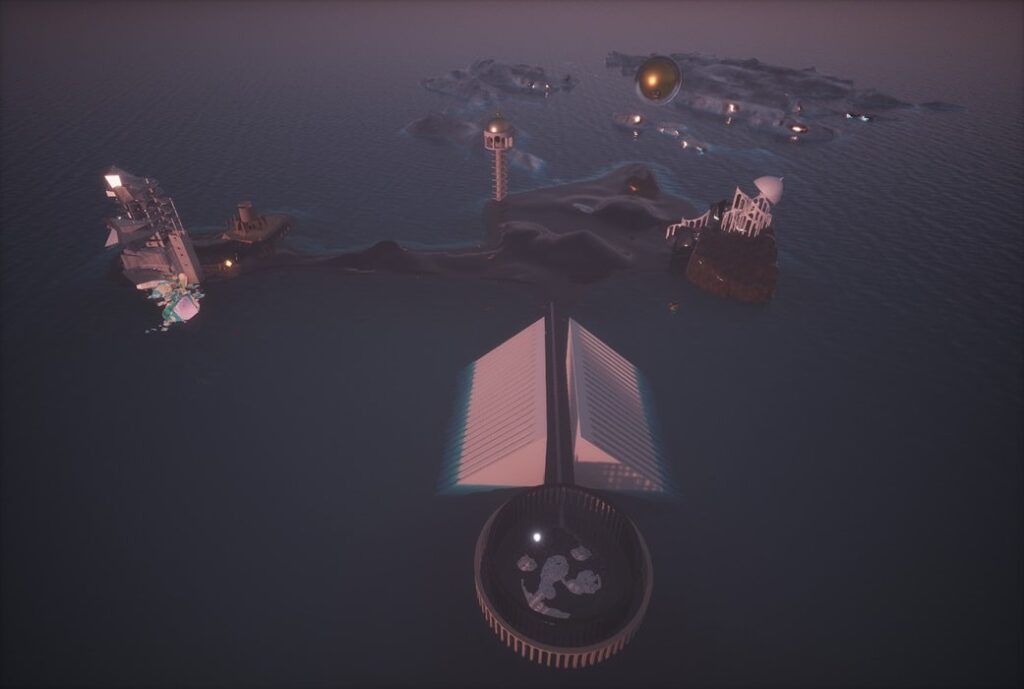
“Operation Sunken Sea” (2018 – ongoing) by Heba Y. Amin is a multifaceted research project that responds to the current political uncertainty in Europe, the unrest and collapse of nation states in the Middle East and the neoliberal failure of globalisation in Africa. Heba Y. Amin examines the transformation of territorial constructs, their impact on new geopolitical alliances and global politics. “Operation Sunken Sea” imitates the language of fascist regimes and encourages the creation of a new vision for Africa and the Middle East. It draws attention to what could be achieved by and for those who have been most affected by the wars for oil, resources and power over the last 100 years. The sculpture “Visions of the Sea I” (2018) and the photograph “The Master’s Tools I (Restaging of Herman Soergel’s Portrait)” (2018) from the project will be presented as part of “Patterns for Life”.
“The Embroiderers” (2016) by Maeve Brennan documents the stories of six women working with Palestinian embroidery today: Umm Ibrahim (Amman, Jordan); Wahiba Mohammad Ali Tawafsha (Sinjil, Palestine); Raja Sabri el-Zeer (Salfit, Palestine); Suhair Odeh (Dheisheh Camp, Bethlehem, Palestine); Nawal Mahmoud (Saida, Lebanon) and Maryam Malakha Abu Laban (Amman, Jordan). Through personal accounts, the film explores the significance of this intimate and deeply political material and how it continues to give form to ideas of Palestinian heritage, history, labour and resistance. The film returns throughout to Umm Ibrahim’s hands turning the pages of a book of Palestinian embroidery designs. Every set of designs denotes a different town with its own unique colours and motifs, conjuring the landscape of Palestine with each stitch.
In her VR installation “How Am I Here?” (2023), Mey Seifan explores the dreams of refugees and traumatised people and their feelings about a possible return.
WHEN?
Dialogue: Sunday, 23. June 2024, at 6 pm
Theater: Sunday, 23. and Monday, 24. June 2024, at 8 pm
Dance:
Bouchra Ouizguen: Friday 28. and Saturday, 29. June 2024, at 8 pm
Yasmeen Godder: Monday, 1. and Tuesday, 2. July 2024, at 8 pm
Mohamed Toukabri: Tuesday, 2. and Wednesday 3. July 2024, at 8 pm
Concert:
HJirok / Temporal Soundscapes: 27. June 2024, at 8 pm
Asmâa Hamzaoui & Bnat Timbouktou: Mittwoch, 3. July 2024, at 8:30 pm
Exhibition period: Sunday, 23. June until Wednesday, 3. July 2024, 7 – 10 pm
WHERE?
HAU1:
Stresemannstraße 29
10963 Berlin
HAU2:
Hallesches Ufer 34
10963 Berlin
Dialogue: HAU1
Theater: HAU2
Dance:
Bouchra Ouizguen: HAU2
Yasmeen Godder: HAU1
Mohamed Toukabri: HAU2
Concert: HAU1
Exhibition: HAU2
COSTS?
Dialogue: Normal price: 5 EUR, Reduced: 3 EUR
Theater: Normal price: 17 EUR, Reduced: 9 EUR, Tanzcard: 14 EUR
Dance: between 13 and 22 EUR
Concert: Normal price: 17 EUR
Exhibition: Eintritt frei


